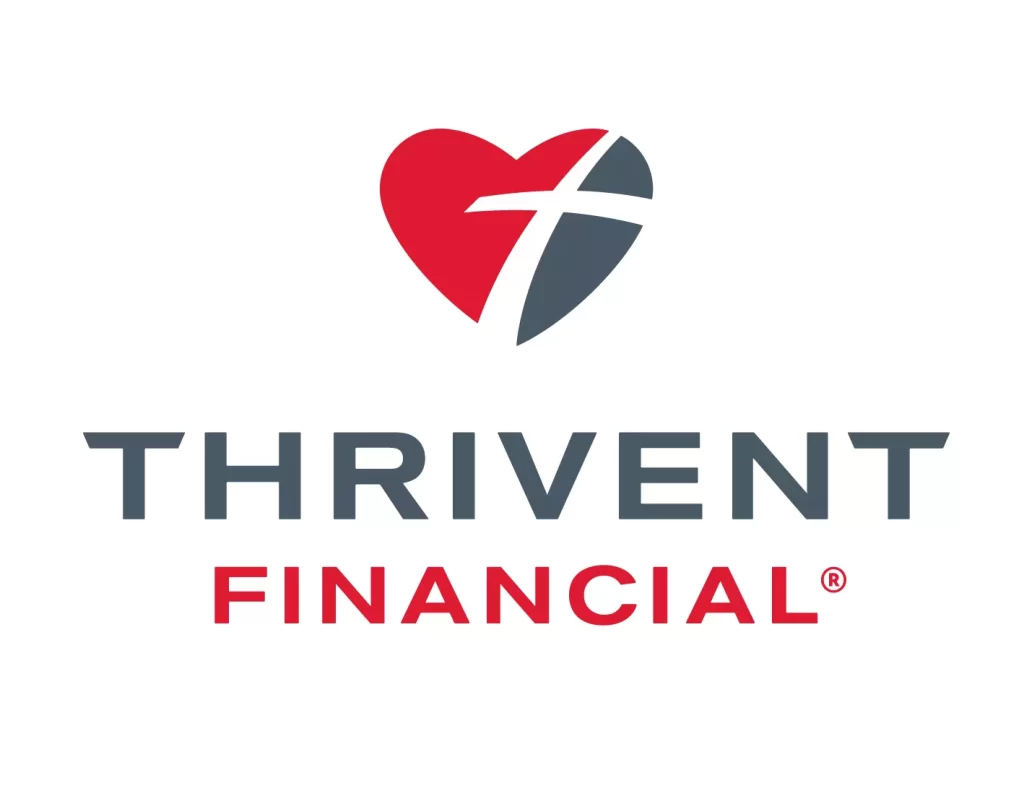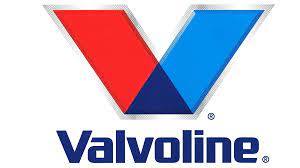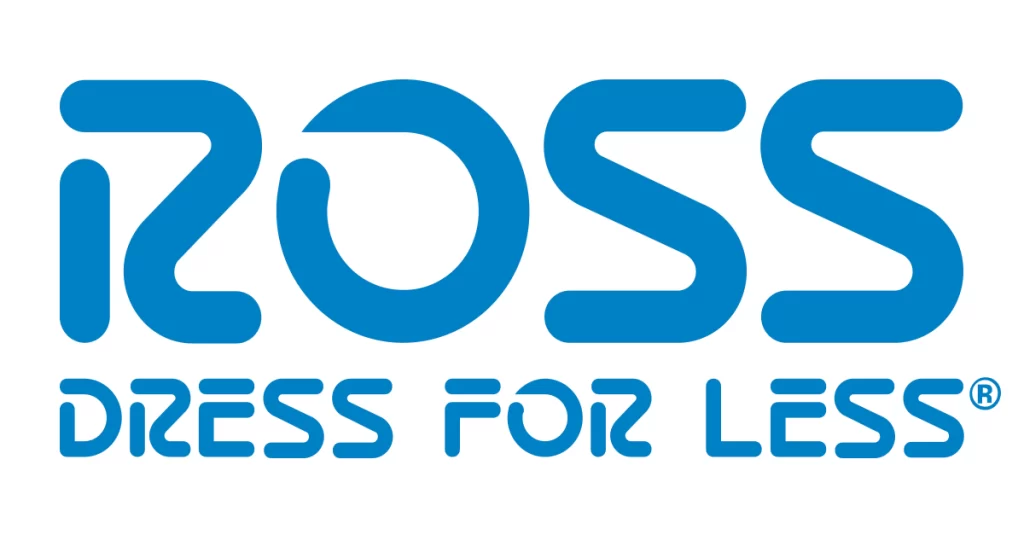Welcome to our guide on healthcare options for immigrants in the US. We understand that navigating healthcare coverage can be overwhelming, especially for those who are new to the system.
From understanding Medicaid and CHIP to sorting through paperwork for private insurance, it can be a daunting task.
In this article, we aim to simplify the process by providing you with a comprehensive overview of the healthcare options available to immigrants in the US. So, sit back and let’s dive in!
Understanding the US Healthcare System
The US healthcare system is a complex network of private and public entities that provide medical care and services to individuals. To navigate the system, it’s essential to understand some key terms and concepts that are often used in healthcare coverage and insurance.
Premiums
This is the amount paid monthly to maintain healthcare coverage. Premiums can be paid by individuals or their employers, depending on the type of coverage.
Deductibles
This is the amount an individual has to pay out of pocket before the insurance company begins covering the costs. Deductibles can vary depending on the type of coverage and can be an annual or per-visit amount.
Co-pays
This is the fixed amount an individual pays for a medical visit or service. Co-pays can vary depending on the type of coverage and the medical service.
Healthcare Options For Immigrants
Medicaid
Medicaid is a public health insurance program that provides coverage to low-income individuals and families. To be eligible for Medicaid, individuals must meet certain income and other eligibility requirements set by the state in which they reside.
Medicaid covers a range of medical services, including doctor visits, hospital stays, and prescription medications. However, there are limitations to Medicaid coverage, such as restrictions on the types of medical services and providers that are covered.
Children’s Health Insurance Program (CHIP)
The Children’s Health Insurance Program (CHIP) is healthcare option that provides healthcare coverage to children in families with low income who are not eligible for Medicaid.
Eligibility requirements and benefits vary by state, but CHIP typically covers doctor visits, immunizations, and hospital stays.
However, like Medicaid, there are limitations to CHIP coverage, such as restrictions on the types of medical services and providers that are covered.
Private health insurance
Private health insurance is another healthcare option for immigrants in the US. Individuals can purchase private insurance through their employer or on their own through a health insurance marketplace.
The enrollment process can vary depending on the type of plan and can require an application and a health assessment.
Costs for private insurance can also vary depending on the level of coverage selected and the individual’s income, but is generally a good healthcare options for immigrants
Community health centers
Community health centers provide healthcare services to individuals and families who are uninsured or have limited access to healthcare.
These centers offer a range of medical services, including preventive care, chronic disease management, and dental care.
Eligibility requirements for community health centers vary by location and can depend on income, residency, and other factors. Costs for services at community health centers can vary based on income, but many offer discounted services to those who qualify.
Navigating the Healthcare System
Navigating the US healthcare system can be a challenge for anyone, but especially for immigrants who may be unfamiliar with the system but are researching the different healthcare options for Immigrants. Don’t hesitate to explore different resources available to help you fit into the US seamlessly.
But here are some tips and strategies to help you make the most of the available healthcare options:
Finding the right healthcare provider
- Research healthcare providers in your area and find one who accepts your insurance, if you have it
- Consider recommendations from friends, family, or community organizations
- Look for healthcare providers who speak your language or have interpreters available
Understanding your healthcare coverage and benefits
- Read and understand your healthcare plan’s benefits and limitations, including any deductibles or co-pays you may need to pay
- Know what services are covered under your plan and what services are not
- Learn how to submit claims and appeal denied claims if necessary
Managing healthcare costs
- Take advantage of preventative care services, such as annual check-ups and vaccinations, which are often covered at no cost
- Ask for a cost estimate before receiving any non-emergency care
- Look for healthcare providers who offer sliding-scale fees or payment plans based on income
Conclusion
Navigating the US healthcare system can be challenging, but it’s important to take advantage of available healthcare options to maintain good health.
By finding the right healthcare provider, understanding your coverage and benefits, and managing your healthcare costs, you can make the most of the available healthcare options for immigrants in the US.
While it’s essential to understand the healthcare options available to immigrants in the US, it’s equally important to prioritize good health. Maintaining good health not only helps prevent illnesses but also enables individuals to live a happy and fulfilling life.
















